When I entered Books for Cooks, I was greeted by the smell of cooked rice and handed a glass of bubbles—a distinguished, warm welcome after braving the August winter wind just minutes earlier. I was there to attend a cookbook launch event: Chae: Korean Slow Food for a Better Life.
If you wonder why someone like me, who doesn’t even know how to cook rice on a stove, would attend a cookbook event, you’re not alone. I, too, hesitated when I first saw the event in my Gmail inbox. But it’s Chae—I know Chae.
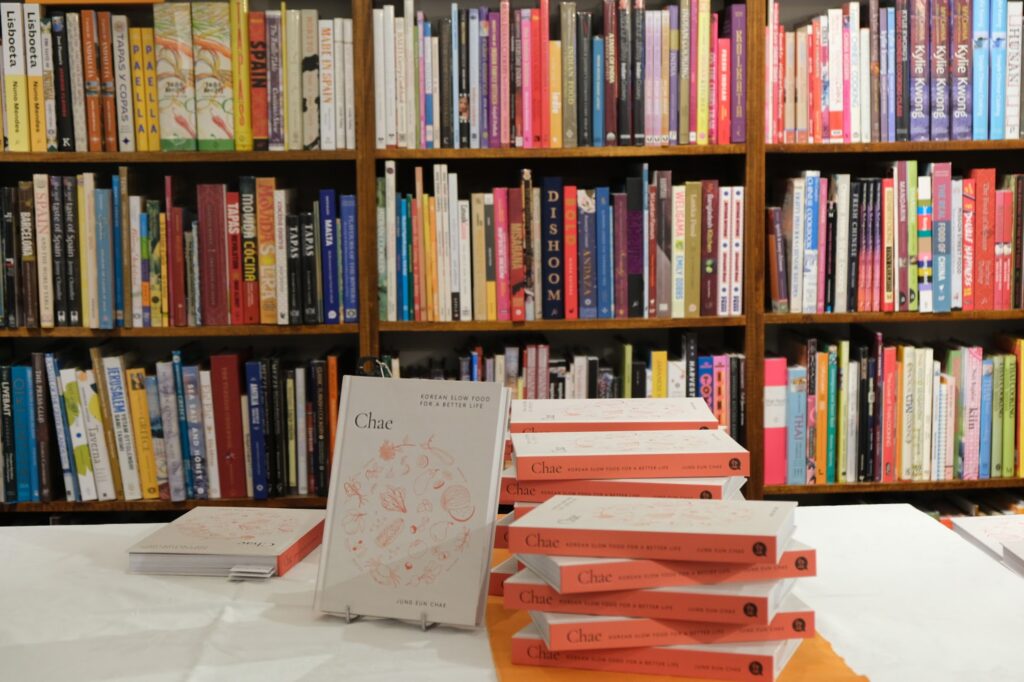
CHAE Korean Slow Food Cooking
Founded by Chef Chae, the restaurant offers authentic Korean slow food in an intimate, home-based dining experience in Cockatoo, regional Victoria. Like thousands of others, I, too, have been on the waiting list for the lottery-based reservation for months. So, while waiting for Lady Luck to smile at me for the reservation, why not attend the book launch and meet Chae (the chef, the book—also the name of the restaurant) in person?
Inside the cozy, fully packed bookshop, Chae passionately shared the art of Korean cuisine, from its complex cooking methods to its rich food culture.
“Korean food culture is all about fermentation,” Chae began. “Everything is made from scratch.” Soybeans and gravy-based sides are often used. “Korean cuisine ingredients require a lot of waiting,” she continued.
She then shared how Chae, the restaurant, was inspired by a story about a woman in Hong Kong who opened a one-table kitchen. After a minor accident forced her to take a break from work, Chae had the time to mull over the idea and floated it to her partner—opening a home-based restaurant in their Brunswick apartment, offering exclusive dining with a personal connection between chef and diner. Now, they’ve moved on to a bigger and better place in Cockatoo, in country Victoria, where they serve a six-course traditional Korean-style meal, from snacks to sweets, to the lucky reservation lottery winners on the weekends.
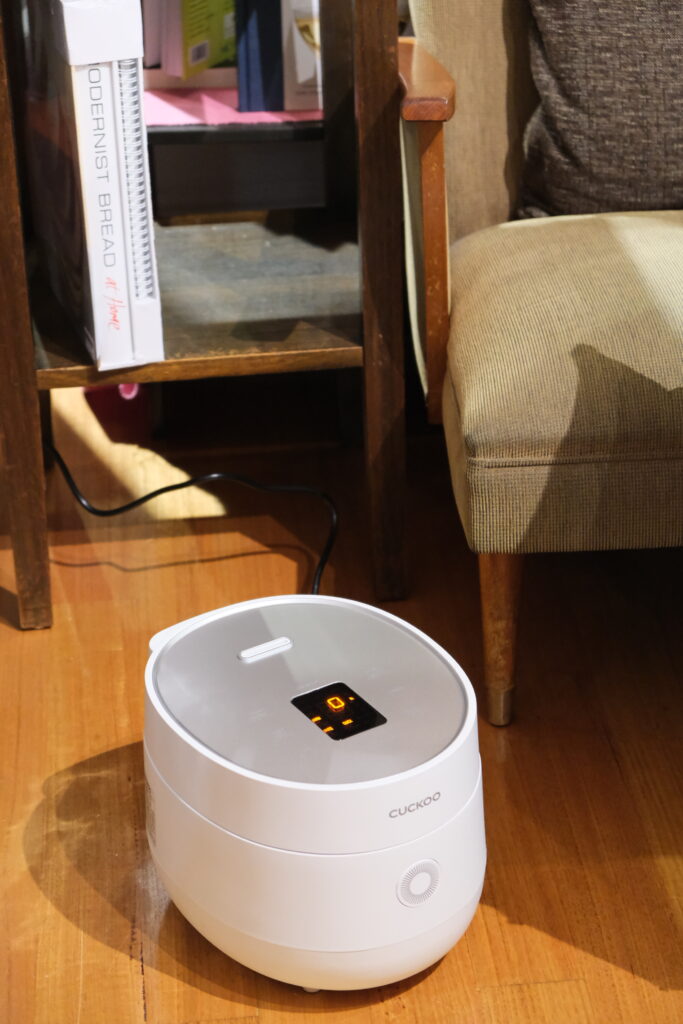
Meanwhile, Chae’s book was born out of a desire to share her Korean culinary heritage with a foreign audience. The first and most important chapter is dedicated to fermentation, a “basic” topic that she is eager to explore further in her second and third books.
The evening then transitioned to a Q&A session, where topics ranged from importing Onggi from Korea to Melbourne and adapting traditional Korean methods due to differences in climate—Korean winters are colder and drier, whereas Melbourne tends to have wet winters. Other culinary insights were also discussed, such as the fact that kimchi is usually stored in Tupperware, not jars and that Korean homemade soy sauce takes a year to make, hence the tagline “Korean Slow Food.”
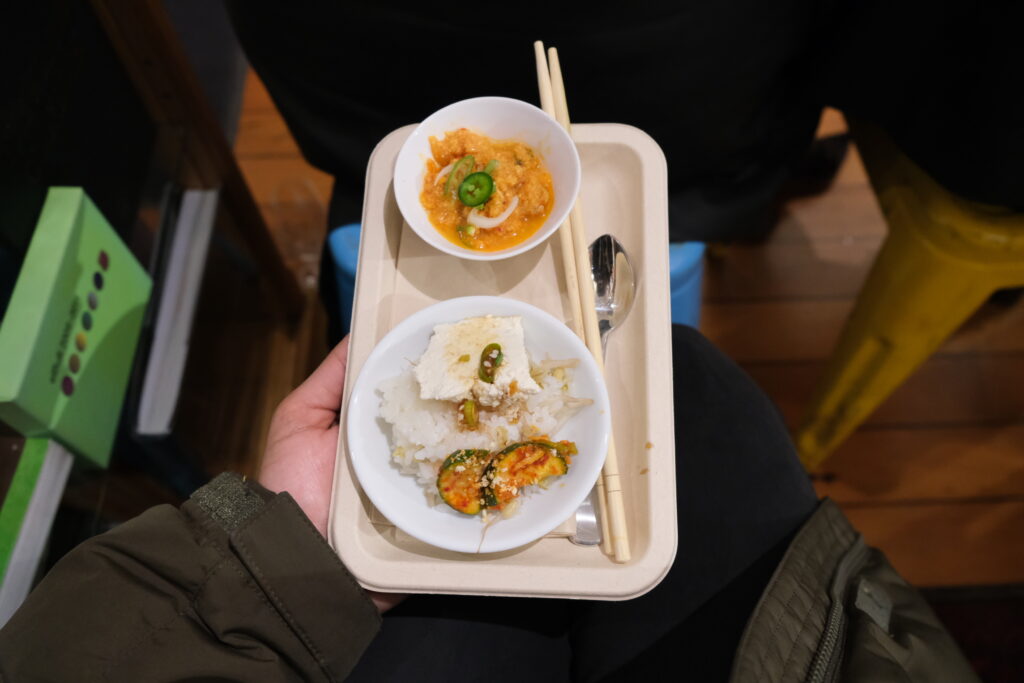
At the same time, the bookshop served us a light Korean meal—homemade tofu and zucchini on a bed of rice (cooked to perfection – Rice Kween approved) and soybean and pork stew, which we polished off with a strong glass of ginger tea. You know how some dining experiences are enhanced by the surrounding atmosphere. The Korean slow food plater itself was absolutely delicious, but eating it while being in the presence of the legendary Chef Chae and surrounded by Korean slow food enthusiasts inside a bookstore was truly an unforgettable dining experience.
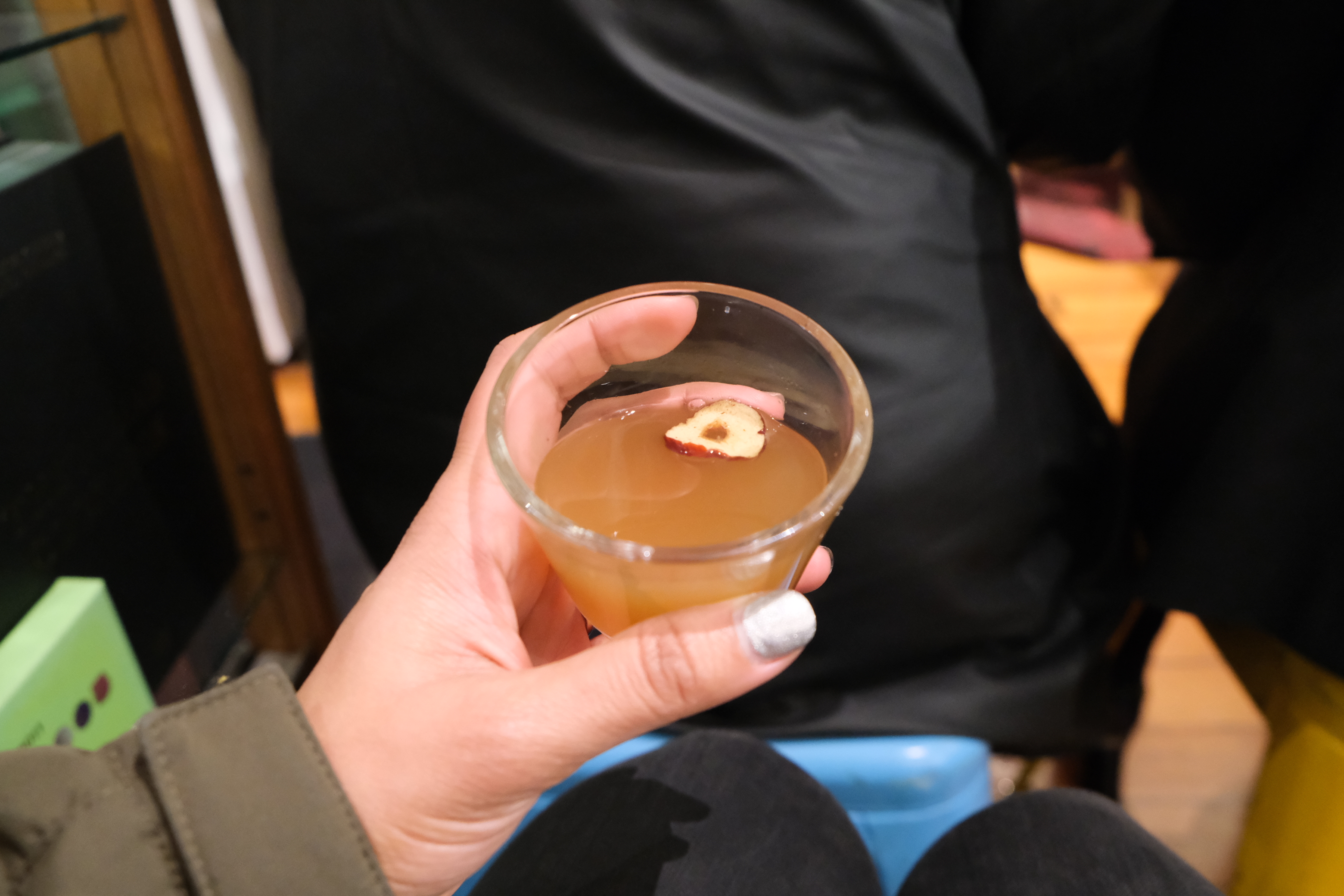
Follow me on Instagram @KultureKween for more recent updates.
🍚 — KK
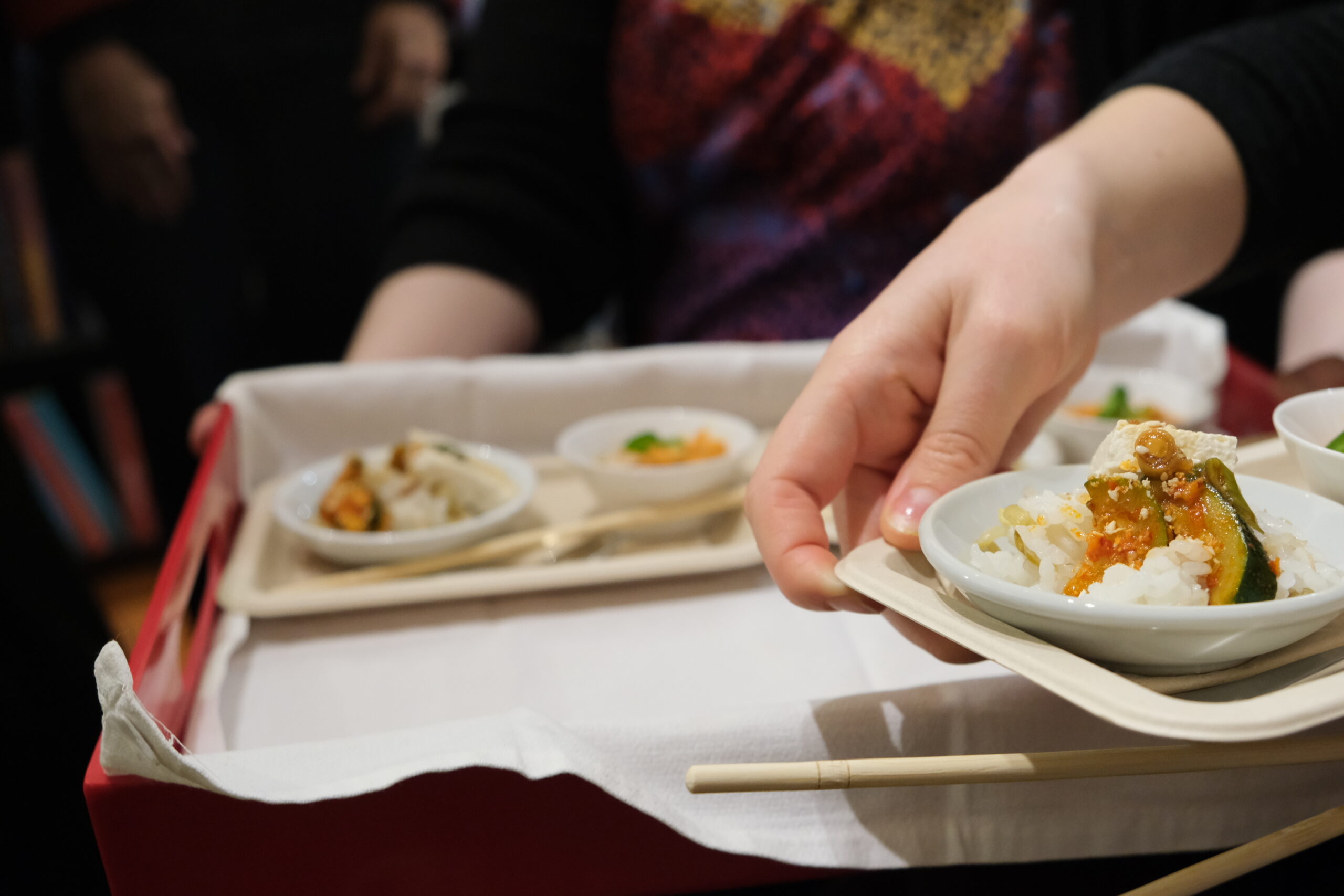
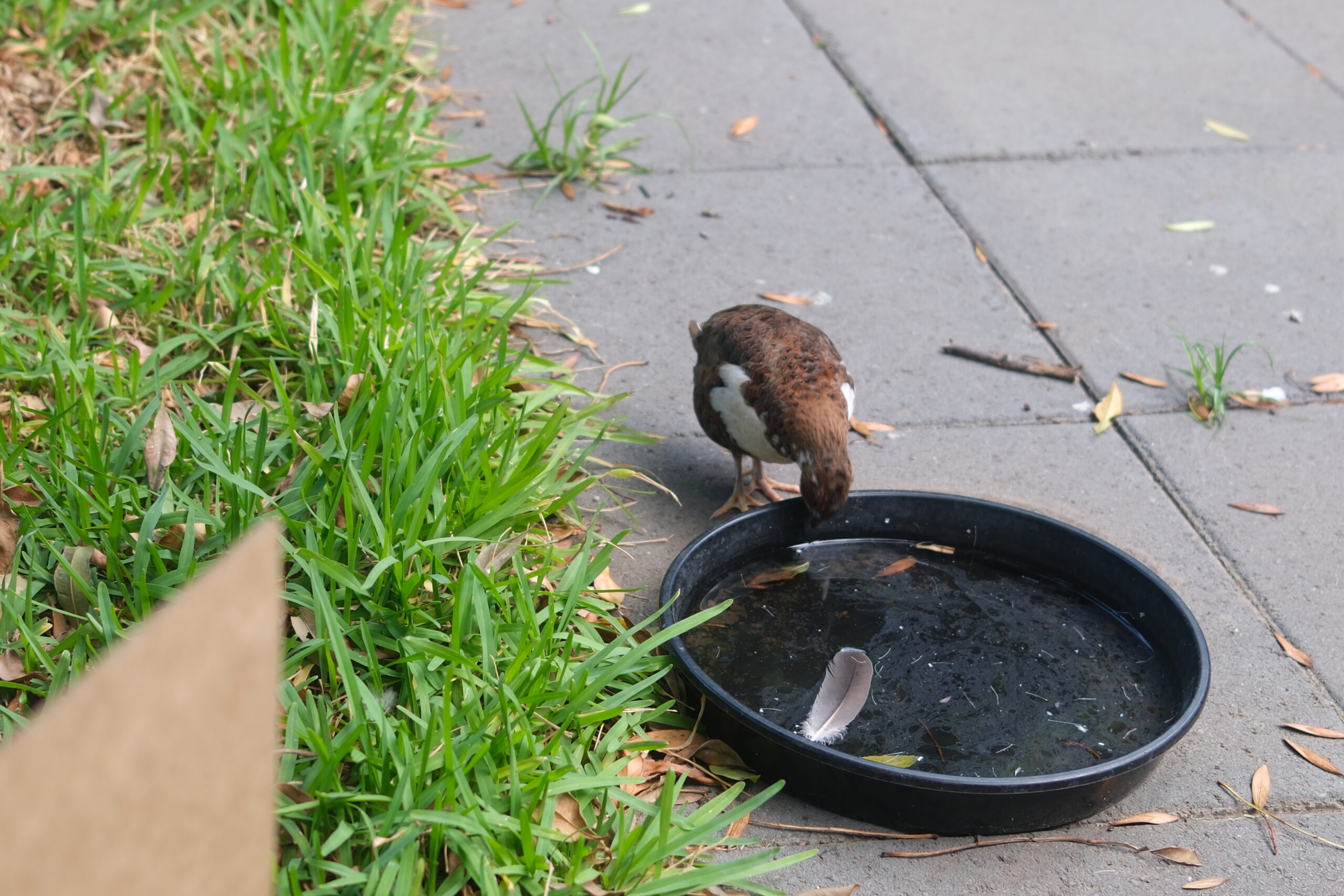
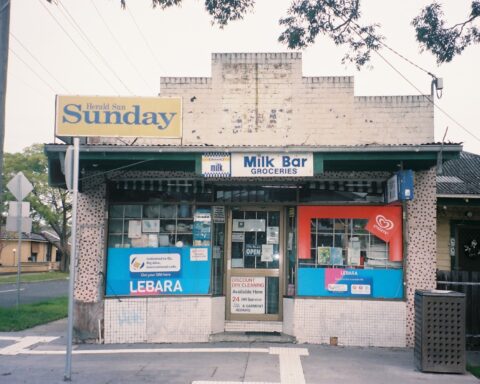
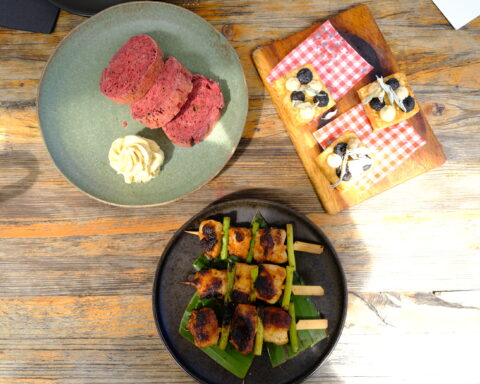
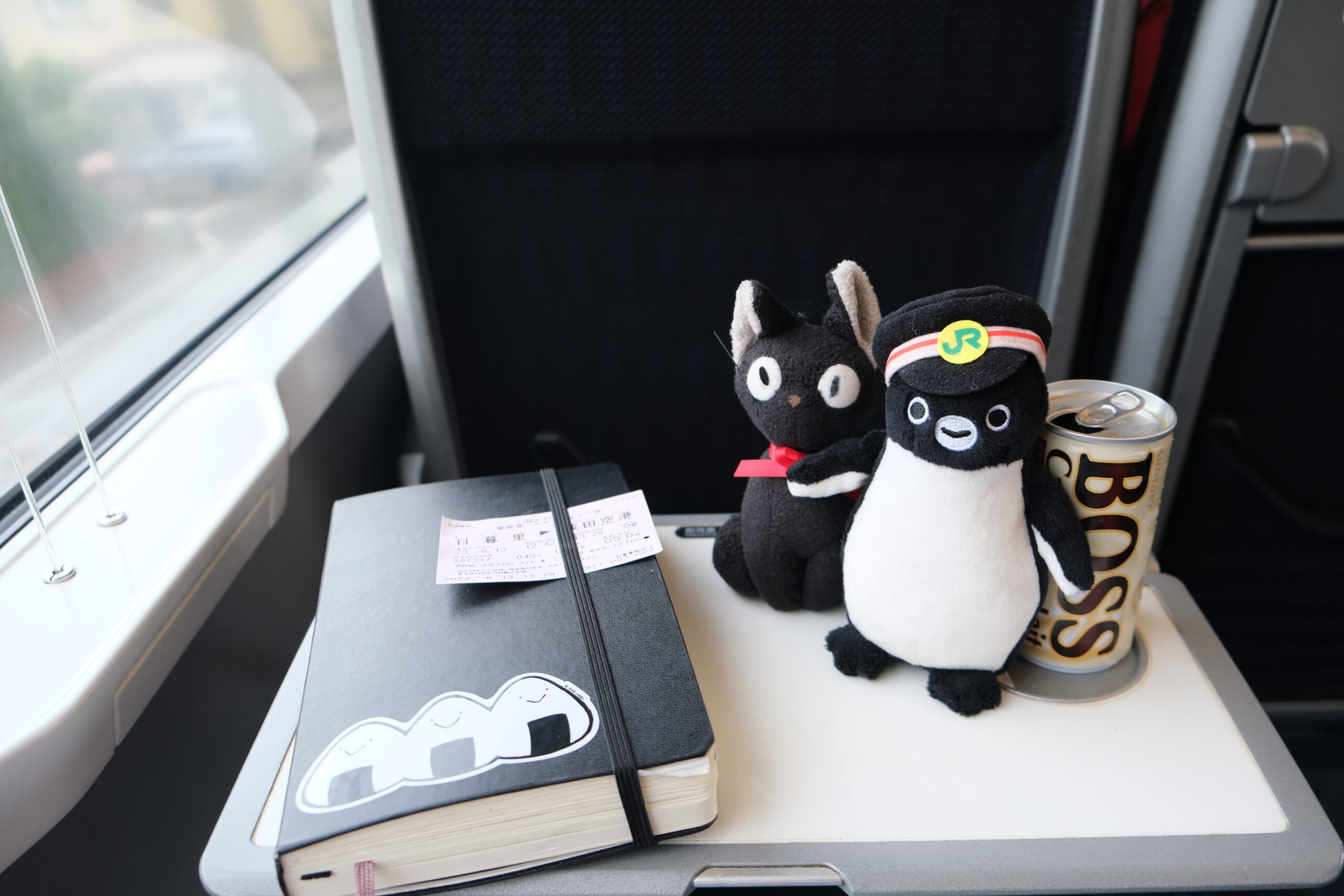
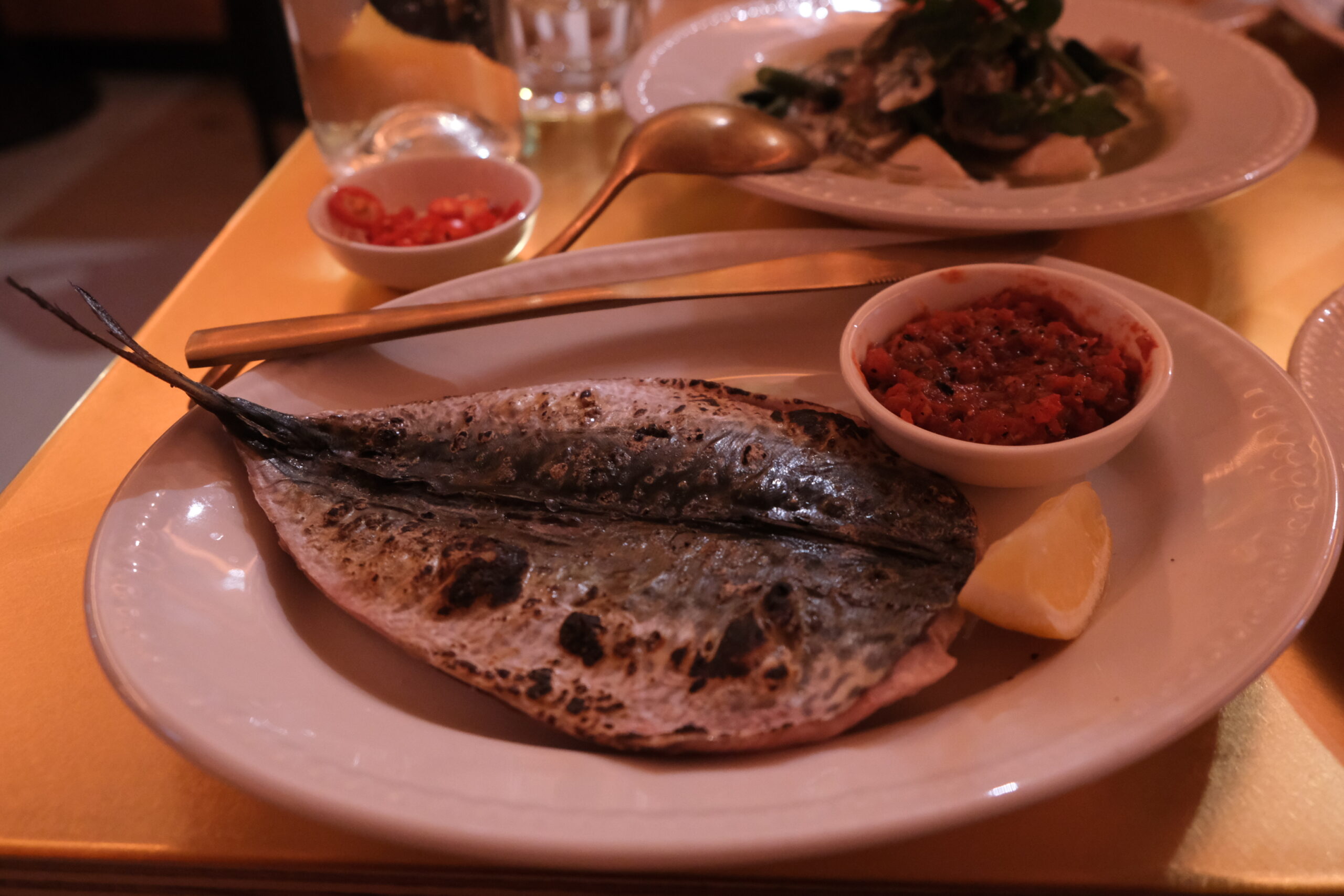
[…] wrote about going to Truffle Tour in QVM, Kumano River World Heritage River Pilgrimage Route, A Korean Slow Food Evening with Chae at Books for Cooks, Thai Tide An Array of Regional Thai Cuisine in Melbourne […]
Fingers crossed we get selected
But then u have to drive us to Cockatoo ya….